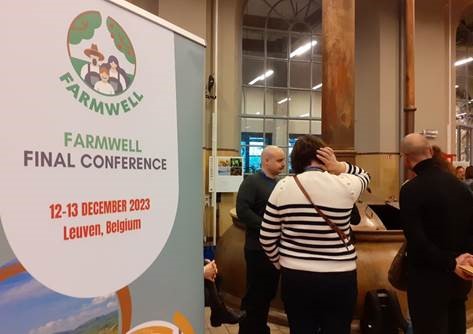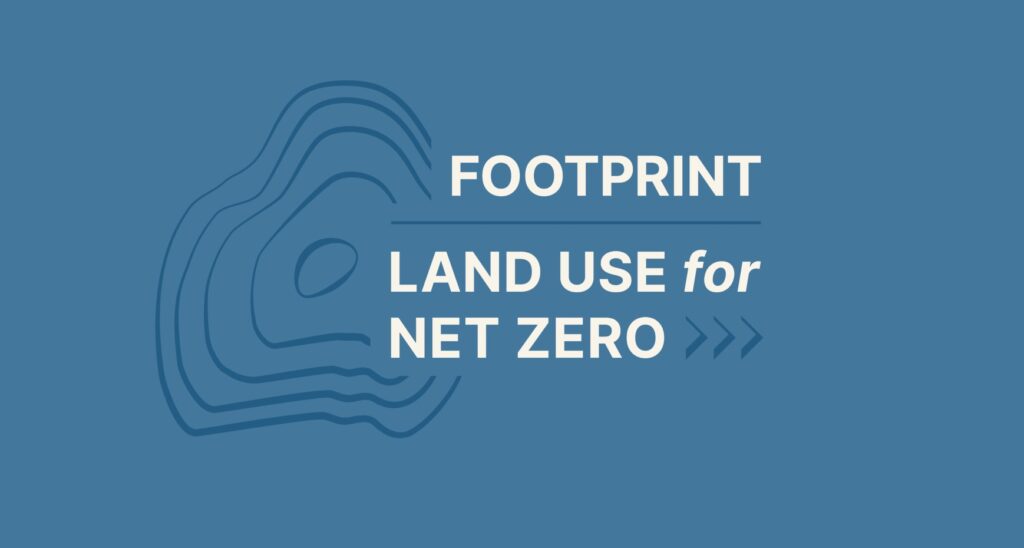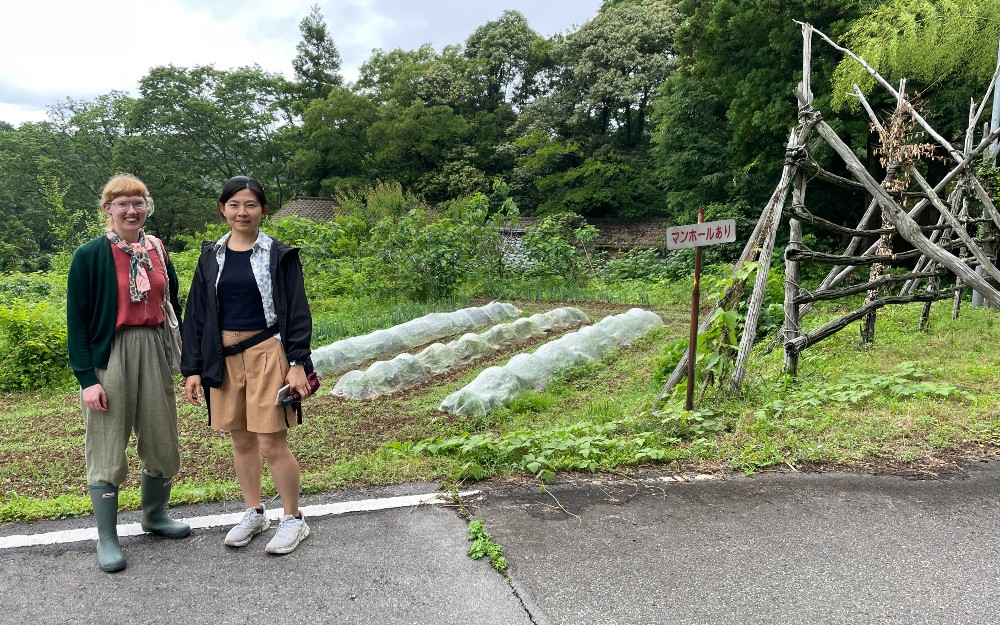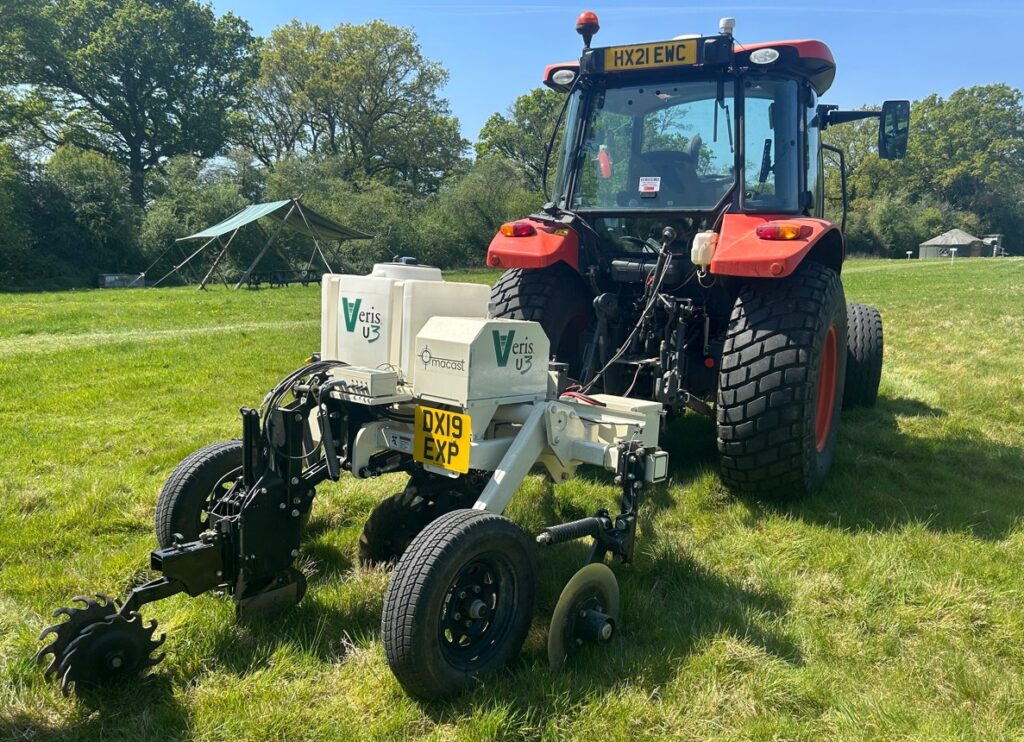Oh, the farmer is the man, the farmer is the man
Lives on credit ’till the fall, with the interest rates so high
It’s a wonder he don’t die for the mortgage man’s
the one that gets it all.When the banker says he’s broke, and the merchant’s up in smoke
American folk song, late 19th century[1]
They forgets that it’s the farmer feeds ’em all
It would put them to the test, if the farmer took a rest
Then they’d know that it’s the farmer feeds ’em all
Hard times for the farmer are nothing new, as the American folk ballad from the late 19th century suggests. The same problems appear, the farmer is broke, he/she is in debt, overworked and seldom respected for the job he does. Despite improved technology, wider use of computers and robotics, larger farms and more efficient production, the problems seem to remain the same. It suggests the issues are related to deeper social changes, first initiated through industrialisation, that have severed the connections between people and food production, and economic structures that do not reward primary producers. Global trade in food and high levels of processing have exacerbated this separation, as well as directing profit away from the primary producer. The result is an economic sector with high levels of work, uncertainty, regulation and debt, and little in the way of support systems to address the decline in wellbeing, anxiety and stress generated among farmers and their families.

FARMWELL participants meeting the farm managers at the start of the field visit, Belgium
For the past three years the FARMWELL project has been exploring these issues, analysing the factors impacting on the well-being of farmers, and exploring social innovations developed and implemented at the local level with potential to improve the lives of farmers, their families and local communities. The project started under Covid restrictions, which reduced capacity for the partners to meet face-to-face, and finished this week with a final conference in Leuven (Belgium), where a mix of project partners, farmers and policy stakeholders got together to discuss implementation support needs for social innovations based on the evidence generated in six EU Member states.
The event started off with an early morning dash through the damp streets of Leuven to get to a point on a busy road where a bus could pick us up, but not wait for stragglers, for a visit to a livestock farm where the owner and her two daughters are utilising their skills to run school visits and inter-active educational classes. They discussed the challenges facing farmers in the region, and how they deal with the uncertainties and pressures. We also got to experience some basic training being developed in Belgium to give future farmers tools to build resilience and wellbeing.
In a poster session later the same day, held among the fermentation tanks of the old brewery where the conference was being held, the FARMWELL partners presented challenges and outcomes identified in implementing social innovation projects. The high-ceilinged hall encouraged the generation of ideas and allowed for lofty thoughts to float around, be examined, captured and discussed.

FARMWELL Project Poster Session in the Old Brewery, Leuven, Belgium
One of the most insightful events came on the final day of the meeting, a Q&A discussion where farmers from the different partner countries could share their experiences of active engagement in social innovation. Two of the projects were focused on care farming, providing additional income as well enhancing farmer wellbeing and addressing wider social problems. Mark from Hungary described how their care-farming activities had grown to support 35 people. Through direct experience he had learned how to manage people affected by a wide range of problems, restoring confidence and helping to re-build their lives, noting that it took time and patience to be successful. Agata from Poland identified the key element for success in care farming as the need for empathy, along with government support for the work undertaken that benefits the wider community.
“(Care farming)…is a slow process, it can take a year of support to get people trained to a point where they can take a role on the farm, and if they break something …you just have to fix it, you can’t shout or get angry…”.
Mark, Farmer in Hungary
“To be successful…you have to have heart.”
Agata, Care Farming in Poland
Female farmers from Greece and Romania emphasised the significance of empowering women through social innovations. A small group of women from a community in Romania had set up an association that over ten years had grown from 5 to 25 members changing the lives of those involved and improving life in their community. One example of their activities was a Rhubarb festival that started with less than 50 people and now attracts over 2,000 visitors, raising money that is used to improve access to health care for those in the wider community. In Greece a group of women had created an organisation that enabled their families and the wider community to share in the benefits from generation of renewable energy, helping to reduce financial pressures and support the continuation of small-scale farming.

Q&A discussion with farmers from the partner countries
Claudio talked about the widespread issue of irregular work in Italy, which creates problems for both farmers and hired workers in terms of lack of legality, low wages, and difficulties in finding and keeping good workers. He has developed a digital network (Humus Job) with capacity for connecting farmers to workers through a process that would protect rights of both parties. Again, it has been a long and slow process partially due to a lack of trust among farmers and a reluctance to share resources or information with neighbouring farms.
In all the situations described it became clear that even with innovative action, solving problems facing farmers and farming communities is a long-term process, taking time to develop trust, and perseverance to bring about improvements. Requirements that neither politicians nor governments, with their emphasis on short-term results, are good at addressing. Doing things differently, ‘innovating’ is viewed as essential to tackling problems, but experience reveals it is not an easy option, requiring resources and a favourable operating environment, which led on to discussion about potential solutions and policy recommendations that could enhance support.
A world café style of delivery enabled conference participants to visit multiple projects to discuss where policy support might be most effective in supporting social innovation. At the end of the morning short summaries of the discussions were delivered to someone hunched over a laptop in a dark corner of the room who, in the space of a lunch break, provide an illustrated distillation of outcomes for the final panel discussion.
The conference dinner in the evening was also held in the old brewery, preceded by a powerful performance about farmer wellbeing and what happens when the uncertainties, the mis-information, the resource costs and the financial pressures all get too great and – where there is no support – even the strongest break. It provided insight into the farming experience that no amount of academic papers could ever do, giving us plenty to think about, and digest, while tucking into plates of locally-produced veal and vegetables. At the end of the day, it was the local farmers that were feeding us all.
[1] ‘The farmer is the man’ can be found on American Industrial Ballads by folk singer Pete Seeger, released in 1956 (and 1992) but the song is believed to date from the 1890’s.




